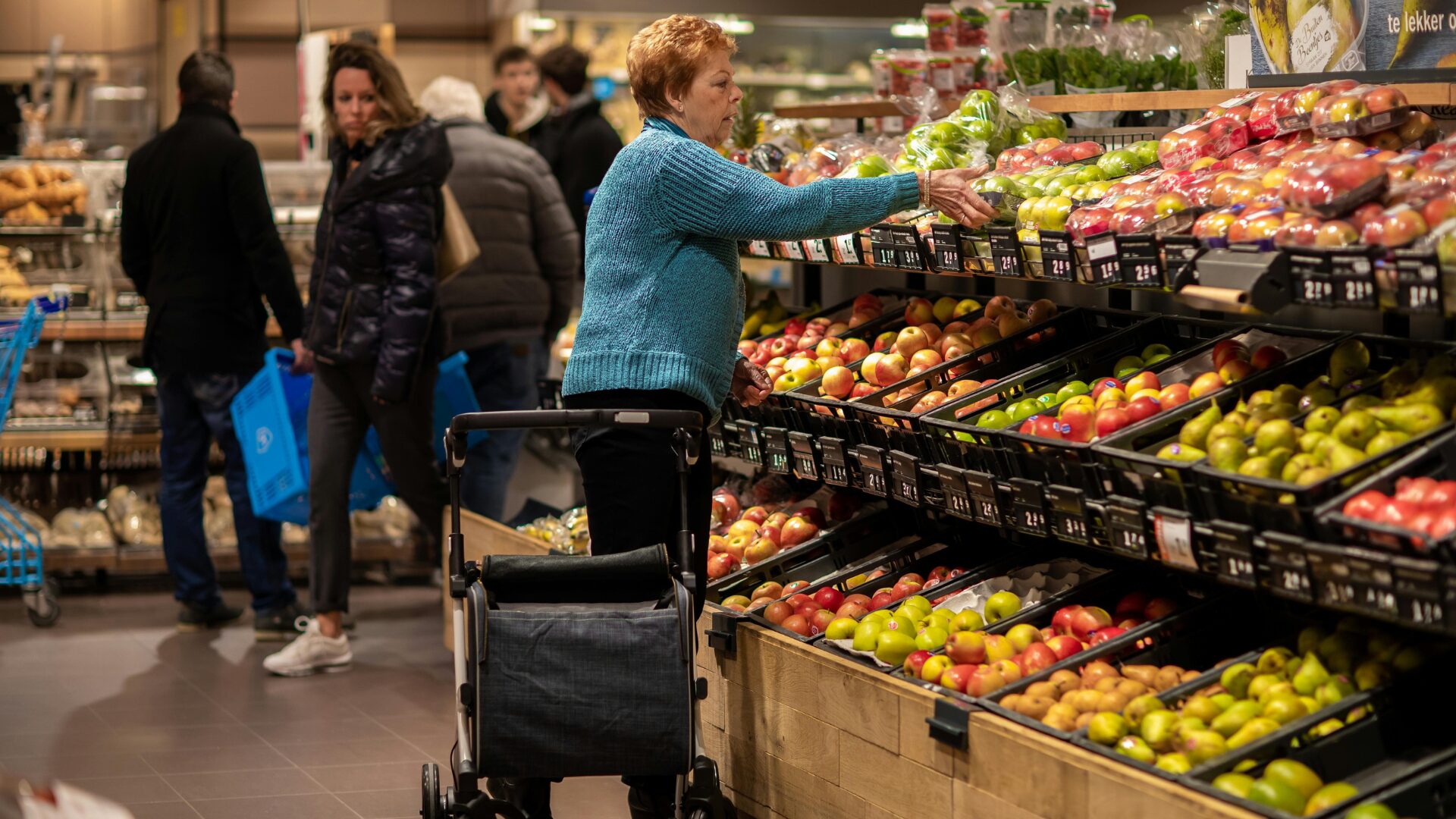Going into March, the coronavirus is still taking a toll on the global food supply chain.
China’s beef imports will fall in the first half of 2020 due to fallout from the outbreak, which is complicating the circulation of people and trade globally, according to a report from Rabobank, reported Reuters (Feb. 27).
In addition, some restaurants could remain closed until next month as people continue to avoid eating out. Quick-service restaurants may be impacted the least, while hotpot and full-service restaurants will see sales decline markedly in the first quarter.
However, China Xiangtai Food, which primarily specializes in pork processing, recently launched an online ordering service to communities in Chongqing to residents who have limited outdoor access to food purchase due to the coronavirus.
Citing uncertainties around to what degree coronavirus can be contained in the first quarter, Rabobank mentioned the possibility that the foodservice and tourism industries would remain disrupted through April or May. “This lower sales volume means beef demand will be weaker than normal years in the first half,” Rabobank said.
Meanwhile, Nestle SA suspended business travel due to coronavirus fears, reported Bloomberg (Feb. 27). The company postponed travel through mid-March. Other companies, including the Coca-Cola Co. and the Kraft Heinz Co., are also opting to avoid countries where outbreaks have taken hold.
Additionally, Coca-Cola’s supply chain for nonnutritive sweeteners has experienced some delays in the production and export due to coronavirus. It does not foresee a short-term impact due to these delays but expects tighter supplies of some of these ingredients in the longer term should production or export operations in China deteriorate.
Sanderson Farms Inc. also said the coronavirus outbreak was disrupting markets and the supply chain, reported MarketWatch (Feb. 27). The company noted Chinese customers ordered about 18 million-lbs. of chicken products after the country lifted the ban on imports of U.S. chicken at the end of 2019, but demand is depressed due to the outbreak. In the U.S., market prices for poultry product declined 3.4% in its first quarter.
In regards to the stock market, the Dow Jones Industrial Average plummeted 1,200 points Feb. 27 on fears the coronavirus will impact the global economy, reported MassLive. The virus has infected more than 82,000 people globally, with world governments growing more concerned with its rapid spread outside of China.
In fact, CDC reported a confirmed coronavirus infection in California in a person who reportedly did not have relevant travel history or exposure to another known patient with the virus.
It’s possible this could be the first instance of community spread of the virus in the U.S., meaning spread for which the source of infection is unknown. However, it’s also possible the patient may have been exposed to a returned traveler who was infected.









